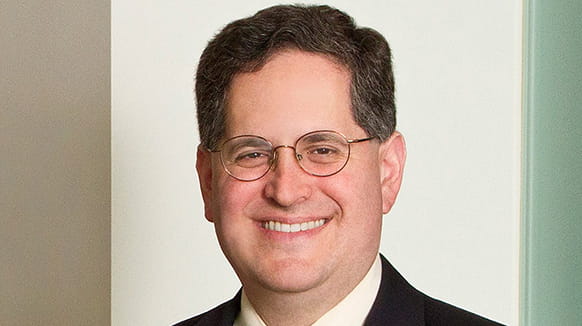View the full version of the October 2021 edition of the IP Beacon.
Federal Circuit Tells Patent Office to Limit Scope of Design Patents, Overturning Patent Office Precedent
On October 4, 2021, the Court of Appeals for the Federal Circuit told the Patent Office that the way it has been reviewing design patent applications is wrong, and that a design patent claim must be limited to the article of manufacture identified in the claim. In re: SurgiSil, L.L.P., et al, No. 2020-1940, 2021 WL 4515275 (Fed. Cir. Oct. 4, 2021).
SurgiSil filed a design patent application claiming an “ornamental design for a lip implant as shown and described.” The Patent Office rejected the claim as anticipated, or not novel, in light of an art tool called a stump.
Joseph Matal Authors IP Watchdog OpEd About 10th Anniversary of AIA
“The last half century’s legislation simply extended to post-issuance review what the American system has recognized about examination since the 1836 Act: that a knowledge of the background technology (and a grounding in patent law) is a prerequisite to making informed decisions about patentability.”
When the America Invents Act (AIA) was before Congress a decade ago, it was heralded as the first comprehensive patent law since the 1952 Act. Ten years’ perspective on the new law, however, shows that its changes to patent policy have been more evolution rather than revolution. The AIA is simply the latest step in the long arc of moving U.S. law toward a more objective and logical patent system—and one that produces more accurate results.
Charlie Jones, Jeffrey Becker, and Abby Ryan in World Trademark Review: ‘All Eyes on SCOTUS: Dispelling Confusion On Initial Interest Confusion’
A longstanding circuit split could be resolved if the U.S. Supreme Court accepts certiorari in a case that hinges on the initial interest confusion doctrine. In this guest analysis, Haynes Boone Partners Charlie Jones and Jeffrey Becker and Associate Abby Ryan explain why a Supreme Court ruling could have significant implications for enforcement strategies.
Protecting IP in Autonomous Driving
Modern autonomous driving technology often applies Artificial Intelligence (AI) to facilitate navigation and safety. For example, autonomous vehicles can be equipped with multiple sensors around the vehicle, such as LiDAR, radar, cameras, thermometer, accelerometer GPS, Wi-Fi modules, and more, which are configured to capture data reflecting the environment where the vehicle is located. The captured sensor data can then be fed into an AI system that blends the various sensor data to generate a navigation command that autonomously control the movement of the vehicle with little or no human intervention.
David McCombs, Eugene Goryunov and Dina Blikshteyn Author Law360 Article About Temp Waiver of IP Protection on Vaccines
On May 5, President Biden's administration announced its support for waiving intellectual property protections provided by the World Trade Organization's Trade-Related Aspects of Intellectual Property Rights Agreement for COVID-19 vaccines.
The TRIPS Agreement establishes minimum standards for protecting IP rights among WTO member nations.
A waiver, as currently proposed, would suspend obligations to enforce patent and trade secret protections related to COVID-19 vaccines for at least three years and could potentially be expanded to suspend enforcement related to COVID-19 health products and technologies other than vaccines. We discuss this development and its implications.


